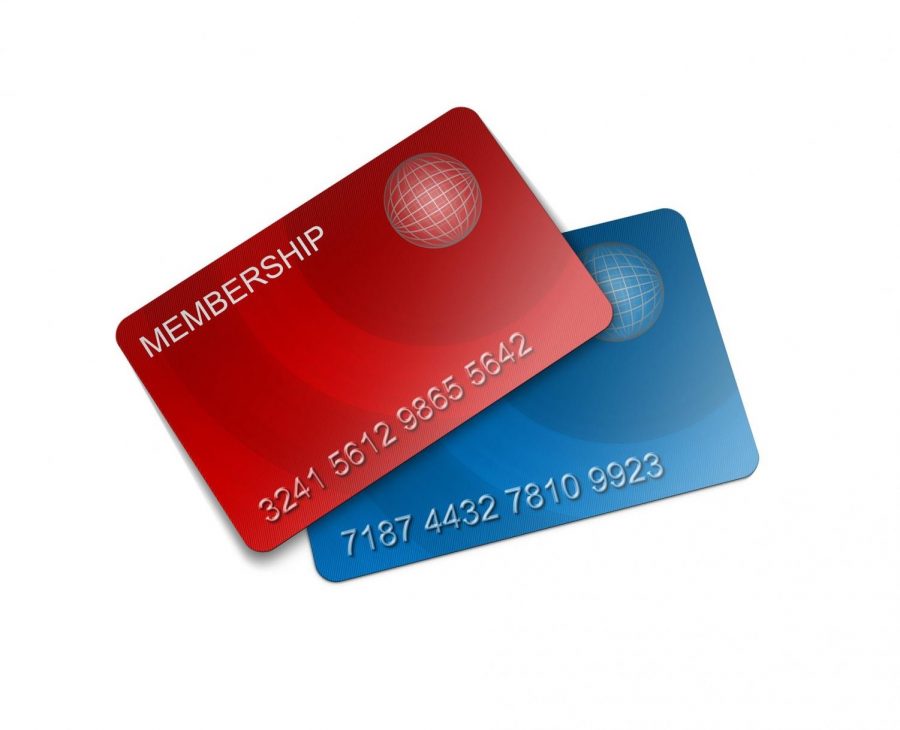The Concept of Privilege
Do U.S. Teenagers Take Too Much for Granted?
February 6, 2020
Many of us have grown up our entire lives being told that we were born into a world of privilege and that we should never take it for granted. We were told of the luxuries we take for granted that other kids would never even dream of, commodities that we demanded for that others simply would never have the option of knowing. And many of us, grown and young alike, never truly seemed to acknowledge what that truly meant.
I remember that growing up, my parents would never allow me to forget all that I am so lucky to have. I am a child of immigrant parents, and would regularly travel back to my home country—a developing country—and always be reminded of all that I have. Walking into a public bathroom at six years old with my mother at my side, I would look around for the paper towels and soap dispenser. My mother would slyly pull out hand sanitizer and shush me when I asked why they did not have them here. It was only later, when we were on the subway and I was pressed against an old woman with worn and dusty hands that seemed to have never met water, that she told me that they simply could not afford it.
It was an extremely foreign concept to me, the idea that basic necessities such as soap and paper towels—had they been absent back in America, there would be an outrage of middle aged adults, crying over the unsanitary nature in disgust—were seen as a luxury. I was left confused when I would let a girl I was playing on the street with borrow my flip flops—a bright pink pair my uncle bought me for Christmas—and she in turn would trace over each design and marvel at the bright color.
And then I would come home to America, where the standards were impossibly different. It wasn’t generous to hand someone a pencil when they asked for one; it was common courtesy. It wasn’t a blessing to have a bed sturdy enough to support one’s entire body weight without cracking but simply an industry standard. And it wasn’t a privilege to wake up safe and alive but an expectation. Many Americans seem to find it impossible to grasp what constitutes privilege in other parts of the world. When my friend got her first car at 16 before she even had her license, I commented that it took all seven of my uncles and aunts to save up for one beat up, used car; she thought I was exaggerating .
The lack of empathy for those in poorer conditions is evident throughout the United States. Seen in politicians who were born with silver spoons in their mouths, toddlers raised with the latest tablet to ruin their eyes, teenagers frowning at the used condition of their cars, adults ranting over the most miniscule of details—the placement of their parking spot, the status of the workplace bathroom—it can be painfully obvious to those who know of another, poorer world.
Whenever I find myself losing myself into the world of expectations and taking my life for granted for the upteenth time that day, I remember my cousin kissing my cheeks, tears dripping down her chin, all because I gave her my used backpack.
She had never had one.
